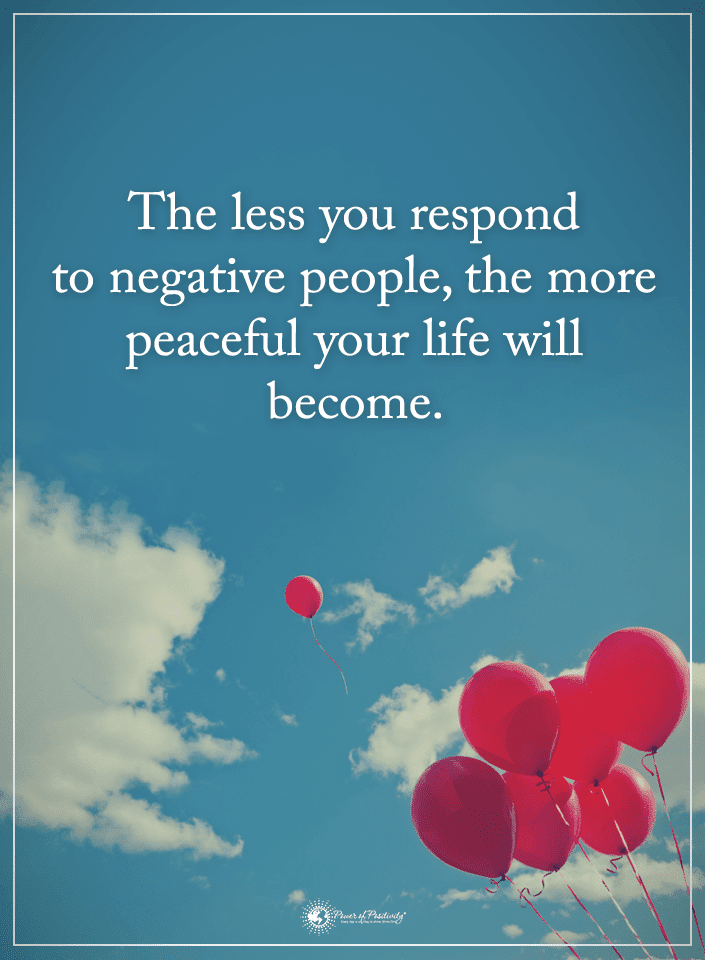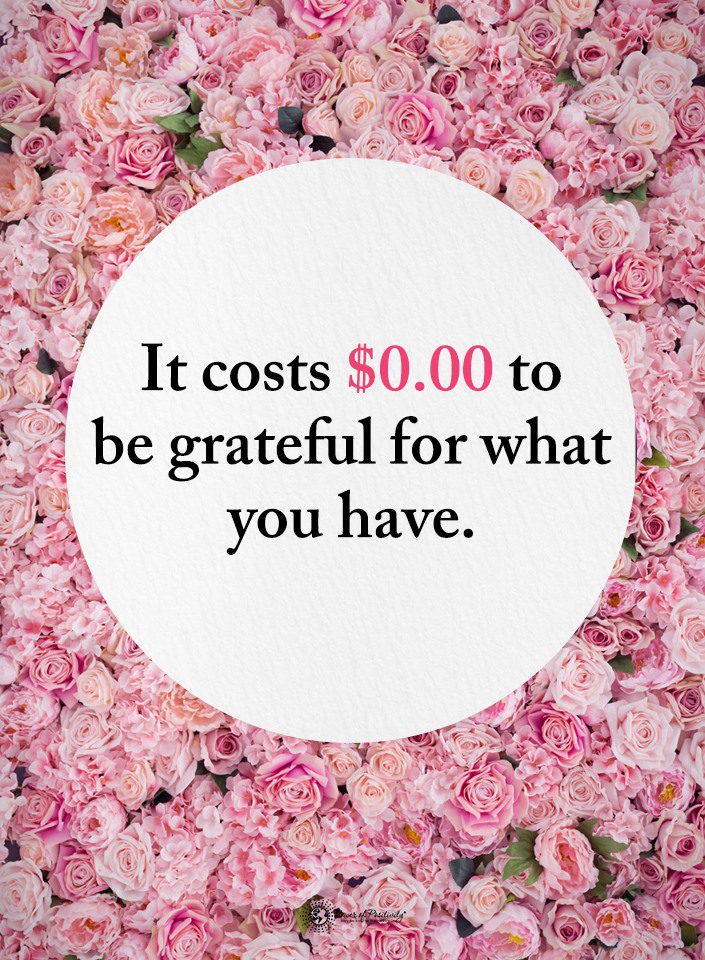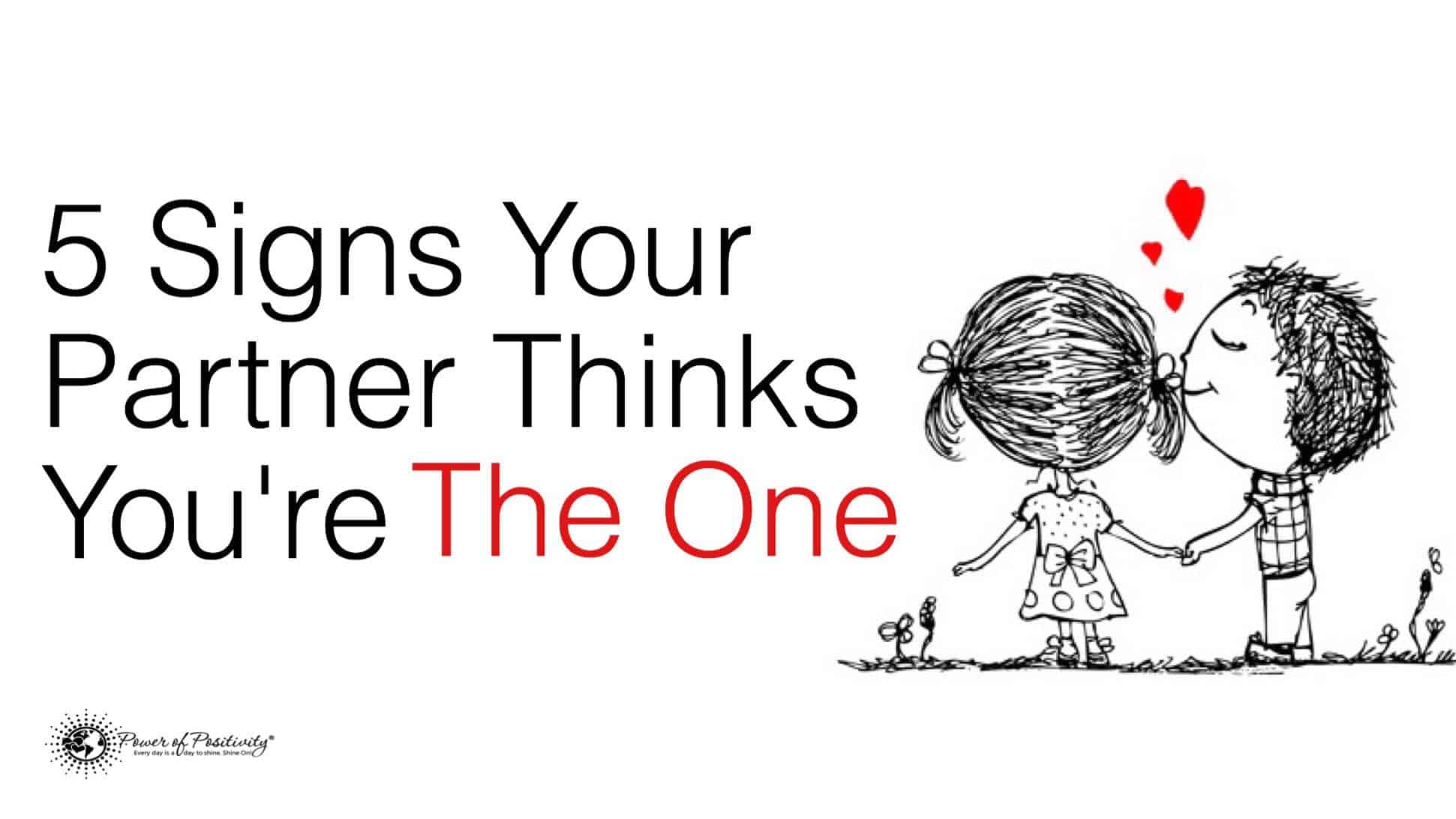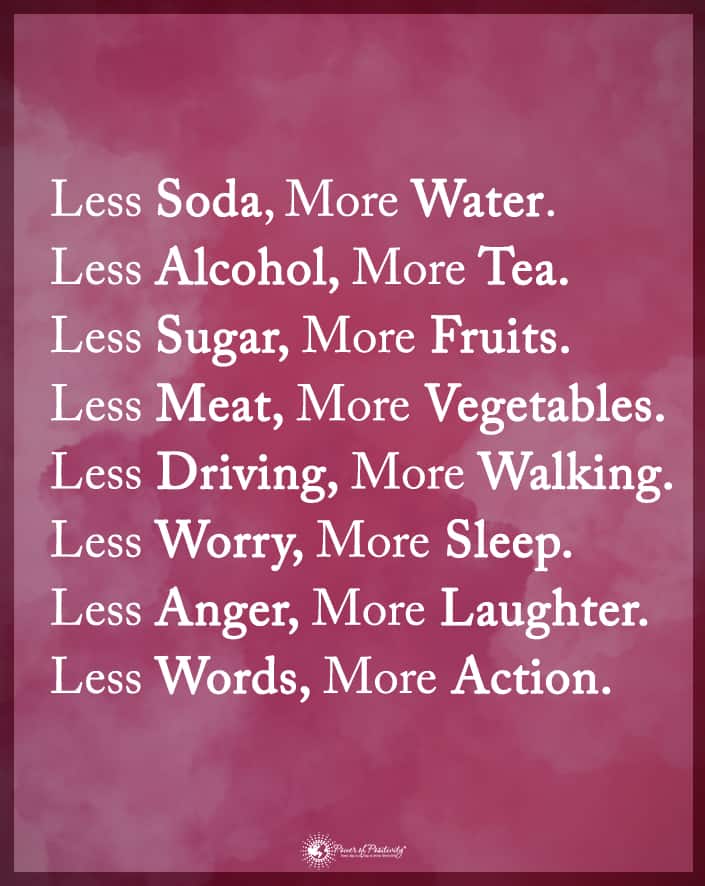We have people who enter our lives for many reasons. Some become friends, lovers, or partners, while others help us through many obstacles. Then others force us to ask, “What is this person teaching me, and why is my patience being tested?” There are many types of people, but here are four personality types that you want to avoid. Their characteristics are exaggerated, annoying, pessimistic, and toxic.
10 Negative People You Should Avoid Dealing With
Here are ten negative types of people you want to avoid:
1. The User.
This personality is egotistical. They are master manipulators who use deception to get what they want, without any regard for anyone’s feelings. Users often rationalize their behavior to make sense of their actions. They also play the victim card to their advantage. As humans, we are often fogged by our emotions. The user feeds on those who are kind and sensitive. They are the bullies of the world. Once they get what they want, the person is left to pick up the pieces. Users are quiet hurricanes who pass through our lives with tremendous destructive powers. They take, attempt to intimidate, and insult. If you are among this sort of person, the best thing you can do is be assertive, try not to engage in their drama, and set boundaries. Users don’t like the word “no.” They prey on those who they know will do favors for them.
“The successful man doesn’t use others. Other people use the successful man, for above all the success if of service.” –Mark Caine
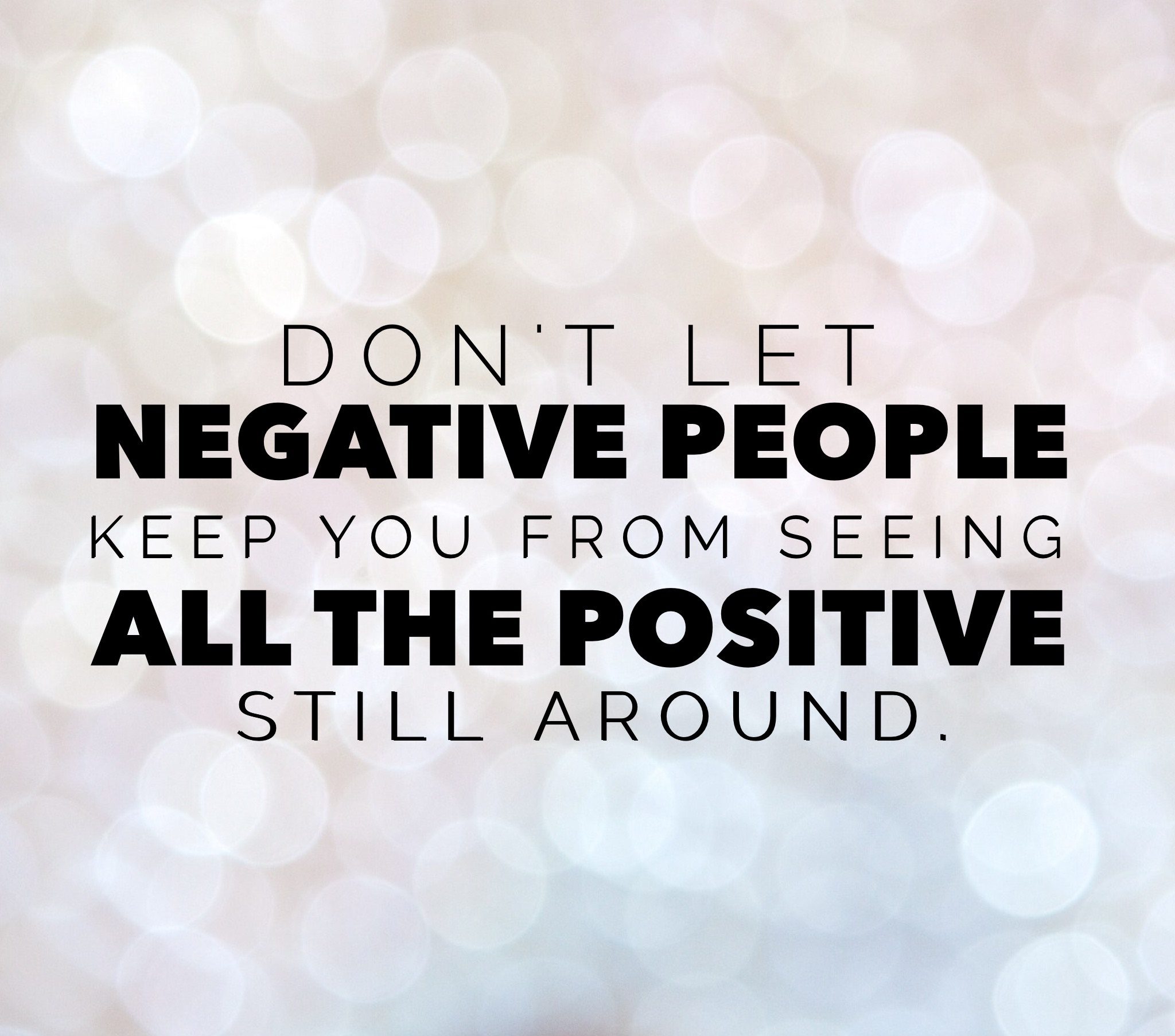
2. The Gossiper.
People who feel insecure about themselves will spread rumors and gossip about others. This negativity makes them feel better. The gossiper is a toxic thread in any group of folks. They feed on the misfortunes and mistakes of others, often exaggerating the truth. They take and pull from whatever source they need to to get attention. These folks create stories out of boredom, for power and control, jealousy, revenge, and popularity. The best thing you can do is not partake in their accounts. Do not ask questions. Stop their nonsense the minute they start to speak of someone else. The gossiper hurts three people with their words: themselves, the person who is listening, and the person they are gossiping about. You might be next on their agenda if you don’t stop their storytelling.
“Strong minds discuss ideas, average minds discuss events, weak minds discuss people.” –Socrates
3. The Blamer.
You know this one well. Everyone has one around them. The Blamer is the person who has the victimization personality. They take little responsibility for anything they do. They point the finger at anyone and everyone around them. This is also the martyr. Blamers lack self-control and have very low self-esteem. This personality will do anything possible to deviate blame from themselves. If you are among this type of person, the best thing to do is shift the conversation, take charge of it by questioning everything, and re-affirm where accountability is with them. You are not responsible for anyone but yourself. Please do not allow this persona to feed you with their insecurities. Everyone makes mistakes, and this is where the blamer loves to project issues to anyone but themselves.
“Blaming others is an act of refusing to take responsibility. When a person can’t accept the fact or the reality, they blame another person or the situation instead of taking accountability.” –Dee Dee Artner
4. The Complainer.
Do you have one of these in your office? You know them by the way they are dramatically exhibiting the woe-is-me attitude. Coping with this type of person requires listening and asking for clarification. They might feel victimized by the questioning, but it is the only means to effectively get to the core issue. You should disagree with the complainer. Do not apologize to them either. You must be supportive while being serious and not participate in the matter. Detaching complainers pushes them to complain even harder. They can’t help but need attention by making sure everyone around them is hit with some negative story.
Some people go to incredible lengths to be complicated. Our experiences create our personalities. Dr. Nando Pelusi states in Psychology Today, “Resisting the trap set by difficult people is easier if you’re aware of your vulnerability to getting hurt and then feeling angry.” You do not have to be anyone’s target when they choose to be toxic and harmful. The only thing you can do is to avoid participating in their drama.
“Complaining does not work as a strategy. We all have finite time and energy. Any time we spend whining is unlikely to help us achieve our goals. And it won’t make us happier.” — Randy Paush, The Last Lecture
5. Opportunists.
The opportunist is one of the negative people you want to avoid as they want to use you. They have a goal and will stop at nothing to achieve it. This person doesn’t care about your feelings or emotions, as they tend to be on the selfish side. They feel justified in their behaviors as it benefits them.
This person has difficulty maintaining friendships, as they’re fake and have narcissistic tendencies. They will use and manipulate you till they get everything they need, and then they will drop you in a heartbeat. Another major issue with these people is that they tend to be cynical, so it’s hard to develop a true friendship.
“An opportunist hides the truth and keeps the options for the achievement of the purpose.” ―
6. The Jealous Type.
Ah, the green-eyed monster doesn’t make for good friendships. When someone has a jealousy issue, they’re often envious of others. They constantly compare their lives to other people and think that someone else is better off. These folks tend to focus on negativity, so they’re toxic to be around for long periods.
They will try to sabotage your happiness, whether they mean to. Having them as a friend or a partner isn’t going to be good, as sooner or later, their true colors will come shining through. Until this person learns to put their insecurities to rest, they’re incapable of having any healthy connections.
“O, beware, my lord, of jealousy;
It is the green-ey’d monster, which doth mock
The meat it feeds on.”
― Othello
7. Controllers.
You can’t mention negative people without bringing up the controlling person. A control freak may come across as assertive, but their insecurities speak loud and clear. Life will always have uncertainties, but it’s being able to roll with the punches that make or breaks your character.
This person fears losing control, and there’s often some trauma in their background that’s made them this way. They have a very unhealthy way of dealing with things around them, so they try to keep their thumb on everything. If something doesn’t match their ideas, they become quite anxious and demanding.
It’s not uncommon for this individual to have passive-aggressive behaviors, as their abusive tendencies hurt you. They’re not above judging, criticizing, and voicing their opinion, but it’s not about you as it’s more about them.
“Abuse grows from attitudes and values, not feelings. The roots are ownership, the trunk is entitlement, and the branches are control.” ― Why Does He Do That?: Inside the Minds of Angry and Controlling Men
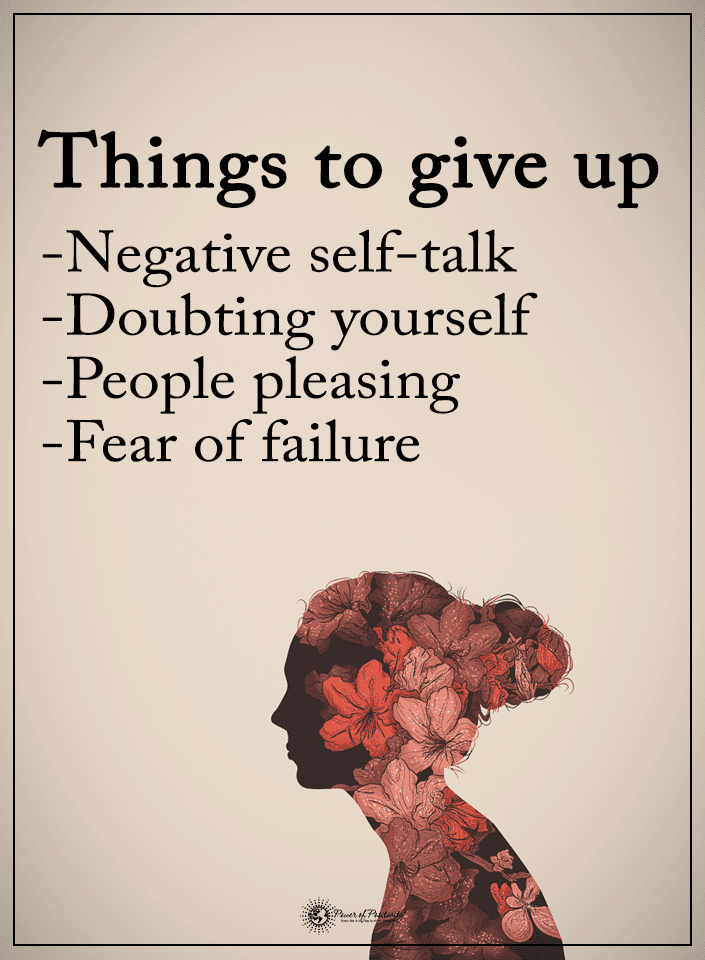
8. Bullies.
No one wants to hang around with bullies, as they’re energy vampires that can suck you dry. Don’t ever let these negative people get any of your energy, as once they get a leg up on you, they will take control. When you hear the word bully, you think of the school playground and a child who dominates the group.
However, there are bullies in churches, workplaces, and in adult relationships that you must face. They can be any age and know how to work things for their benefit. The bully is very much a manipulator, as they can make you miserable until you give in to their demands.
The best way to handle this person is to be honest with them. Once you stand up to a bully, they usually back down. Like the traditional narcissist, they likely have some trauma in their past that’s made them behave this way. Emotionally detach yourself from this person before it’s too late.
“Life is a fight, but not everyone’s a fighter. Otherwise, bullies would be an endangered species.” ― Terminal
8. Energy Vampires.
Some negative people suck the life right out of you. They’re so toxic that one phone conversation can make you feel drained and exhausted. They never have anything nice to say, and even if you try to be positive, they will find a way to give it a negative spin.
This person is so miserable that they would love to bring along some company. They will call to bombard you with all their drama and the latest horrible scoop of their life. This person may also play the victim card to get your pity, but some might become a bit abusive to get their way.
How do you know if you’re involved with an energy vampire? It’s all about how you feel after hanging up or leaving their presence. Your state of mind after contact will be the indicator, as these people give you a headache and can even make your stomach hurt.
“Say goodbye to the energy vampires in your life — the negative souls who steal your enthusiasm.“ — Robin Sharma
9. Pathological Liars.
If you ever entangle with a pathological liar, you need to run as quickly as possible. This person wouldn’t know the truth if it smacked them on the top of their head. Unlike some people who lie to get out of trouble, this person lies just for lying. An interesting study published by the National Library of Medicine found that people guilty of chronic lying tend to have impaired function in social situations.
They often feel inferior and need to make up a story to appear better. Their insecurities come across when they must face situations at work or home, and they think that lying is the best way to combat these feelings. This negative person is going to play mind games with you. The lies will get more intense as they snowball from trying to cover up their untruths. Avoid them at all costs.
“Hypocrites get offended by the truth.” ― Bad Romance: Seven Deadly Sins Anthology
10. Egotists.
Dealing with a self-absorbed person is difficult, but the National Library of Medicine classifies this person as egotistical or narcissistic. Not only will they waste your time, but they’re a threat to your mental wellbeing. A relationship needs to have a healthy balance of giving and taking to be effective.
However, this person is so focused on themselves that they usually have empty relationships. They have no problem communicating their thoughts and feelings with you, but they won’t have time when you want to vent in return. This person has a grandiose view of themselves, and they think they’re better than everyone else in everything they say or do. Avoid these negative people and find healthy relationships.
“Egotist, n. A person of low taste, more interested in himself than in me.” ― The Unabridged Devil’s Dictionary
How to Set Boundaries with Negative People
Since you know all of the types of people you should avoid, you need to know what to do when you encounter them. You need to protect yourself from negative people at all costs, and here are a few ways to safeguard your heart and mind.
1. Limit Contact with Negative People
If possible, try to limit your contact. A person can only be an energy vampire if you allow them. When they invite you for dinner, movies, or another social event, say “No.” You get to control your life, and you don’t need someone toxic spilling all their poison onto you.
2. Do Not Let Negative People Create Emotional Space in Your Life
Creating an emotional separation is easier in some situations than it is others. It may be a challenge if it’s your spouse or a relative. However, if you’re in the wrong emotional place because you have a toxic person you share it with, it might be time to reevaluate some things.
3. Clearly State Your Boundaries
It would help if you had boundaries in all areas of your life. If you don’t have such safeguards, energy vampires and negative people will walk all over you. Draw your lines in the sand, and don’t let anyone cross them without your permission.
4. Nurture Yourself When You Can’t Avoid Negative People
You need to make sure you take care of yourself. Being around these people that seem to suck the life out of you can be pretty taxing. So, getting appropriate self-care is the key to staying mentally healthy. Remember, the physical and mental parts work closely together, so you want to ensure both are healthy.
5. Honor Your Needs
You know all those aches and pangs that you get when you’re around these negative folks? Well, it’s your body’s warning system. It would help if you listened to what your body is trying to tell you. That feeling in the pit of your stomach is your intuitive side warning you to stay away. You don’t want to be around people who make you feel worse, as true friends pick you up.
Final Thoughts on Identifying the Negative People…and Avoiding Their Drama
It’s hard to find true friends these days that will be there for you as much as they expect you to be there for them. However, you need friends to make your life fulfilled. Whether you’re dating, married, have relatives, or acquaintances that tend to be negative, you can avoid the drama.
You get to call the shots in your life. People can only mistreat, abuse, and control you if you allow them to do so. Once you determine that someone is harmful and toxic, it’s time to cut your losses and move on.
If it’s a relative that you can’t avoid, you can limit your exposure to them for your mental health. Find people that pick you up when you fall, offer a shoulder to cry on, and are there through the good and bad.

